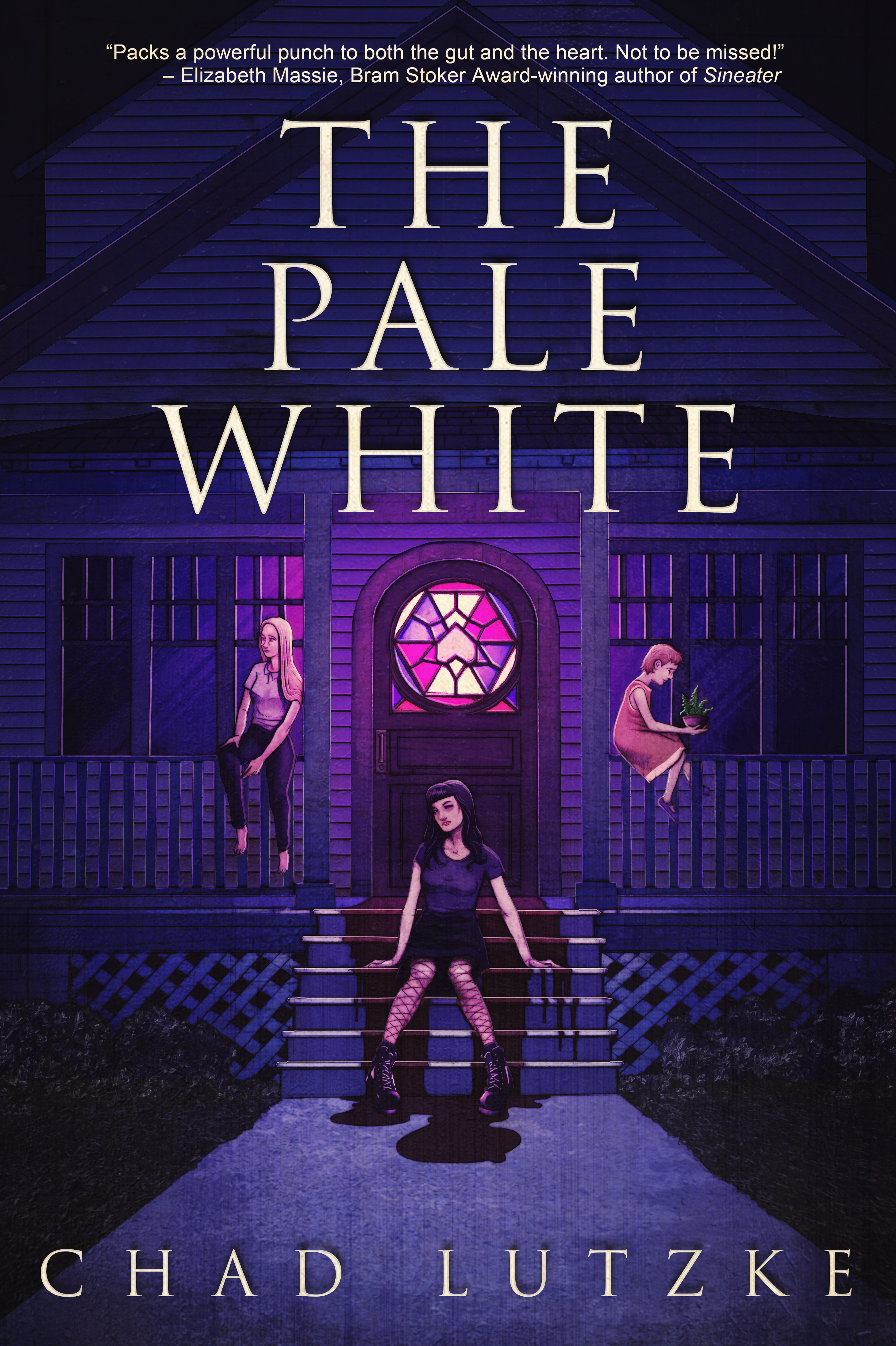This week on The Scariest Part, I’m pleased to welcome back Ray Clark, whose newest book is the re-release of Impurity, the first novel in the continuing DI Gardener series. Here is the publisher’s description:
A murder with no weapon or motive. A detective on edge. A community that wants answers.
One fateful night when off duty, DI Stewart Gardener intervenes in a street brawl and his wife is shot dead.
Trying to come to terms with this, he gradually returns to normal duties policing the streets of Leeds. Finding his wife’s murderer is never far from his mind, but with no leads and a hazy recollection of events, it seems hopeless.
Soon he is presented with a shocking case. A man is found dead in a grubby apartment, having been killed in the cruellest of ways. It is not long before another man meets the same fate.
The deaths are caused by a rapid and violent disintegration of the victims’ flesh. Pathology cannot ascertain the cause.
The only connection between the victims is they both worked seasonally as Santas, dressing up as Father Christmas and entertaining kids in grottos and such like. Who would want to kill such innocuous men as these?
The detective is flummoxed. The local community is ruffled. The press is having a field day. The top brass wants answers. Can DI Gardener overcome his grief and solve the case?
And now, let’s hear what the scariest part was for Ray Clark:
“Is your book scary?” she asked me, and before I’d had time to think about the answer, she said, “It looks it.”
And then came the next question: “Tell me,” she said, leaning forward, “what’s the scariest part?”
As I was desperately trying to think of an answer, I suddenly thought, being asked that question is — unless you count seeing the rejection slip landing in the morning post (or should I say your inbox nowadays).
When I think back to the time I spent researching Impurity, it came down to one clinical point: harbouring a very dark secret for many years, and then being found out.
Imagine living in constant fear of it: looking over your shoulder every day, spending your spare time in a guilt ridden slumber, working with people who think they know you, when all along, they wouldn’t give you the time of day if they knew the truth. You were doing wrong and you knew you were, but you couldn’t stop yourself; knowing that the past will eventually catch up with you, and when it does it won’t be very nice: because you’ll either be facing the person you wronged — or the police!
That is very much what happens in Impurity. When Detective Inspector Stewart Gardener investigates the discovery of a body in a run-down Victorian property in a suburb of Leeds, he knows he’s in for a tough time: ashen faced police constables testify to that.
Nothing could have prepared him for what lay ahead.
The corpse of a seasonal worker living in very tatty conditions is bad enough, but someone has gone to great length to eradicate them by administering a flesh-consuming drug, resulting in the victim’s rapid and violent disintegration. Furthermore, pathology is unable to ascertain the cause. As the novel progresses you realize the scariest part concerns the victim: he’s still alive whilst it’s happening, and fully aware of the effect it’s having on his body, because it’s already been explained to him.
The really frightening thing for me however, is that after having spent considerable time with a chemist, I came to the conclusion that it might just be possible to achieve what the book is offering.
Now that is the scariest part!
Ray Clark: Website / Facebook / Twitter / Amazon UK Author Page
Ray Clark is an award winning Yorkshire born author whose first big break came in 1998 with the publication of Manitou Man: The World of Graham Masterton (a biographical account of the author’s work), which was nominated for both the World and British Fantasy Awards. Since then, Ray’s writing career has been quite varied with publications covering short story collections (A Devil’s Dozen & A Detective’s Dozen), horror novels (Calix & Resurrection), stand-alone cross genre novels (Seven Secrets), and the highly acclaimed IMP series, featuring detectives Gardener and Reilly in the Yorkshire city of Leeds. Over the last forty years, Ray has also spent considerable time in the music industry working both in the UK and Europe as a guitar vocalist, and with a number of bands. These days, Ray divides his time between writing books and working live on the music scene, and helping to raise money for the OPA, a charity he feels quite close to. Ray’s London publisher, The Book Folks, are planning to release Book 2 in the IMP series, Imperfection, in time for Christmas.





